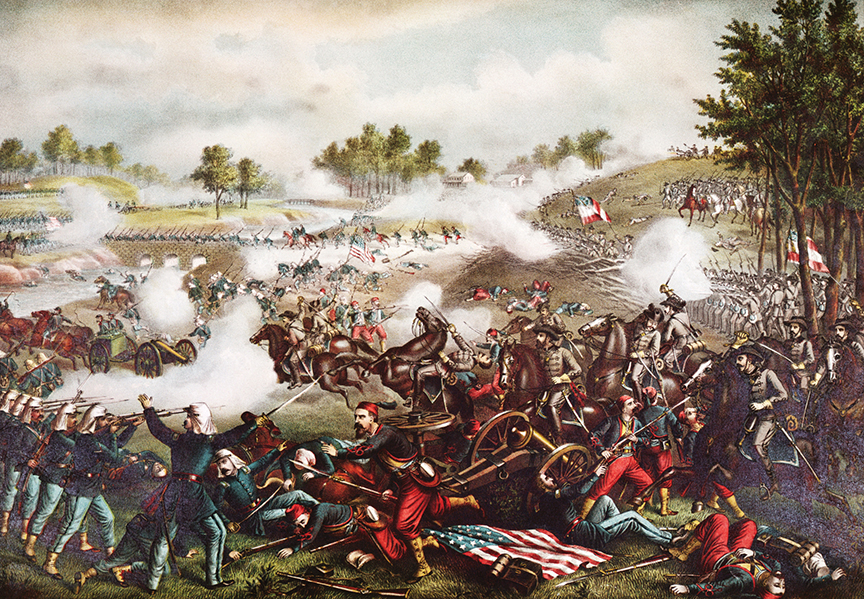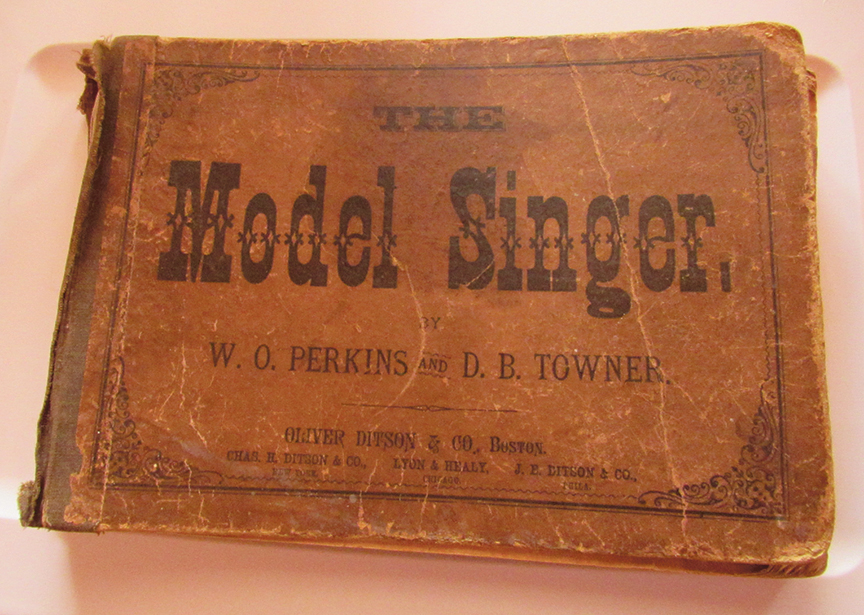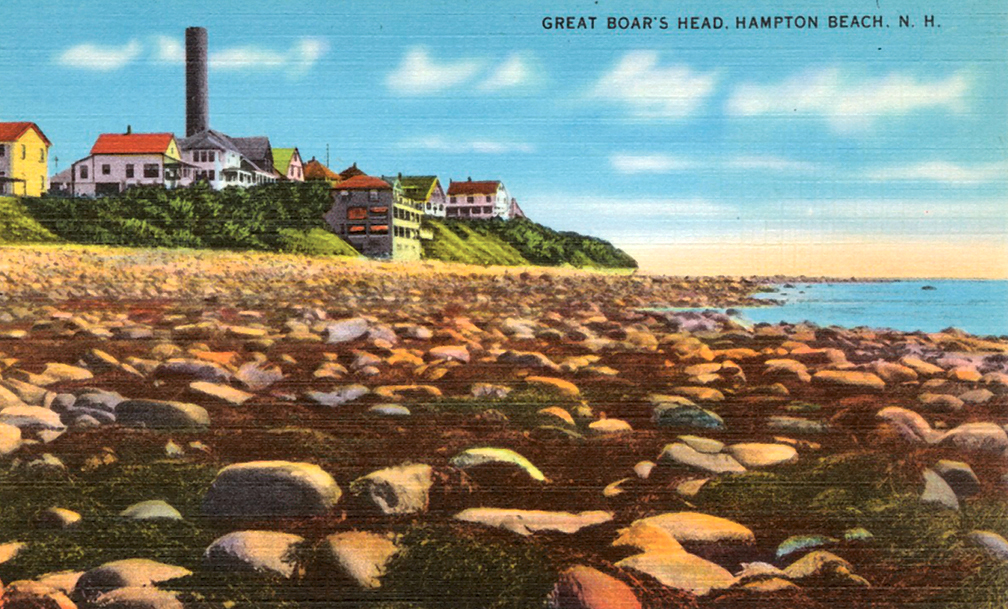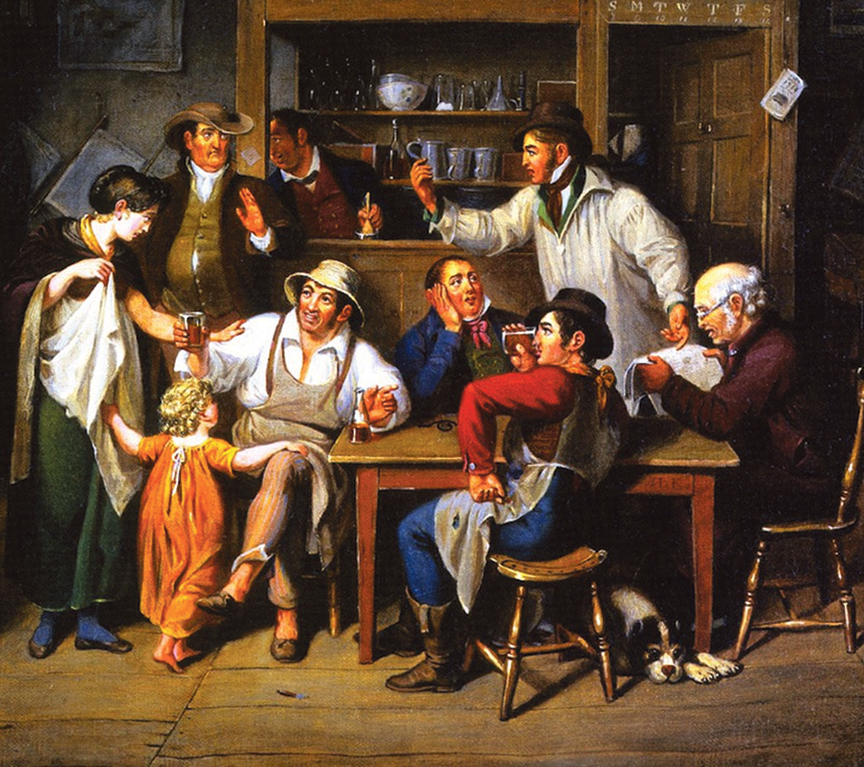The National Crisis Of 1861 And New Hampshire’s Response

PHOTO: The 2nd New Hampshire Regiment Fights in the 1st Battle of Bull Run.


by Robert Hanaford Smith, Sr.
Weirs Times Contributing Writer
In May 1868, General John A. Logan, issued a decree that May 30 should become a nationwide day of commemoration for soldiers killed in the recently ended Civil War. This weekend we remember all our soldiers who have died in battle on Memorial Day. History writer Robert Hanaford Smith, Sr., writes of NH’s initial entry into that war.
“… There is no crisis but an artificial one…I repeat, then, there is no crisis, except such a one as may be gotten up at any time by turbulent men, aided by designing politicians. My advice to them, under the circumstances, is to keep cool.”
Abraham Lincoln was on his way to be inaugurated as the President of the United States and he stopped in some cities and towns and spoke to the people who came out to greet him on his journey. He said the words just quoted at Pittsburgh, Pennsylvania.
At Columbus, Ohio he had said: “It is a good thing that there is no more than anxiety; for there is nothing going wrong…We entertain different views upon political questions; but nobody is suffering anything.”
At Independence Hall in Philadelphia Lincoln spoke of the Declaration of Independence that gave liberty to this country and declared “Now in my view of the present aspect of affairs, there need be no bloodshed or war. There is no necessity for it…and I may say in advance, there will be no bloodshed, unless it be forced upon the Government…”
But there was a crisis and the country was in a precarious situation with several southern states having withdrawn from the Union after the election of President Lincoln and the refusal of northern states to agree to the demands of states which endorsed slavery.
The war and bloodshed that the newly elected President thought we could avoid would soon take place.
In April of 1861 the President issued a proclamation calling for the states to provide 75,000 men into active military service for the United States of America. New Hampshire’s quota was to be one regiment of 780 men. In response to the instructions delivered to him, New Hampshire Governor Ichabod Goodwin ordered the Adjutant General and Inspector-General of the New Hampshire militia, Joseph C. Abbott to assemble the requested regiment of militia. The order asked for 10 companies of infantry “to be held in readiness to be mustered into the service of the United States for the purpose of quelling insurrection and supporting the government.”
The regiment was to include one each of the following officers: Colonel, Lieutenant-Colonel, Major, Adjutant, Quartermaster, Quartermaster-Sergeant, Paymaster, Surgeon, Surgeon’s Mate, Chaplain, Sergeant-Major, Drum-Major, and Fife-Major. Each Company was made up of a Captain, First-Lieutenant, Second-Lieutenant, four Sergeants, four Corporals, two Musicians, and sixty-four Privates. The enlistment period was for 3 months and at that time no one apparently expected that the disagreements between North and South would result in a full-blown war with the devastating loss of lives in what came to be known as the War of the Rebellion or the Civil War, not because there was much civil about it, but because it was a war of one nation divided and fighting among itself.
If we look at the results of a Constitutional Convention held in New Hampshire and the adoption of a new State Constitution in 1792 we find within the Bill of Rights some statements concerning the military.
Article 24 said: “A well-regulated militia is the proper, natural, and sure defense of a state.” Article 25 added: “Standing armies are dangerous to liberty, and ought not to be raised, or kept up, without the consent of the legislature.” This was followed by the Article 16 assertion that “In all cases, and at all times, the military ought to be kept under strict subordination to, and governed by, the civil power.”
The army regiment that was being raised in New Hampshire was for the defense of the United States, but initially paid by the State at the federal level of eleven dollars per soldier per month besides being “uniformed, armed, and equipped at the expense of the State.” This First New Hampshire Volunteer Regiment received no extra bounties or other incentives to join the ranks. Twenty-eight enlistment stations were set up around the State to accept volunteers for the three month enlistment period.
In the days that followed an army camp was set up at the Merrimack County Agricultural Society’s Fair Grounds at Concord (about a mile east of the State House) to receive the recruits called upon to address the national crisis facing the nation. It seems that we are justified in calling the situation an underestimated crisis, that being seen by the assumption that an army assembled for three months would be sufficient and that such an army probably would see little if any actual fighting. The camp at Concord was named “Camp Union” with Colonel John H. Gage from Nashua as the commander, and enough men to form two regiments arrived at the site.
A group of the extra volunteers was sent to Portsmouth to guard Fort Constitution and the coastline and put under the command of General George Stark, also of Nashua.
While preparations were being made in regards to the initial volunteers Governor Goodwin received orders from Washington for an additional, or second, regiment of 1,046 officers to serve, not for three months, but for three years or until the war ended. The Governor passed on that order on May 16, 1861 and 496 of the 870 men already enlisted for 3 months in the 2nd New Hampshire Regiment re-enlisted for 3 years (or less if the war should end before then).


Five hundred and twenty-five additional men who enlisted arrived at Fort Constitution between May 26th and 30th. Meanwhile the men of the First NH Volunteer Regiment left Concord on May 25th “bound for the seat of war” further south. They left on a train which consisted of 18 passenger cars and 18 freight cars.
The equipment the 1st Regiment had, as they traveled by train to New York and then to Baltimore by boat before going to Washington, D.C., included 16 4-horse baggage wagons, one hospital wagon, 116 horses, uniforms, tents, camp supplies, medical supplies, and 1847 era Springfield muskets. They were commanded by Colonel Mason W. Tappan of Bradford and Lt. Colonel Thomas J. Whipple of Laconia.
The national crisis of 1861 caused a lot of excitement in New Hampshire, though its citizens probably did not realize the cost that was going to be paid to bring the unrest in the nation to an end. The people of the State were seemingly generally very supportive of the soldiers who were sent off with cheering and joyous celebrations along with the sadness because of separation from family and the unknowns of the mission.
Flags were said to be everywhere, patriotic songs were sung, and in the words of one writer,“bells rang, ministers preached and Christians prayed.”
The 1st NH Regiment would be mustered out in August, 1861 as scheduled, though some of their number re-enlisted and served in other regiments.



